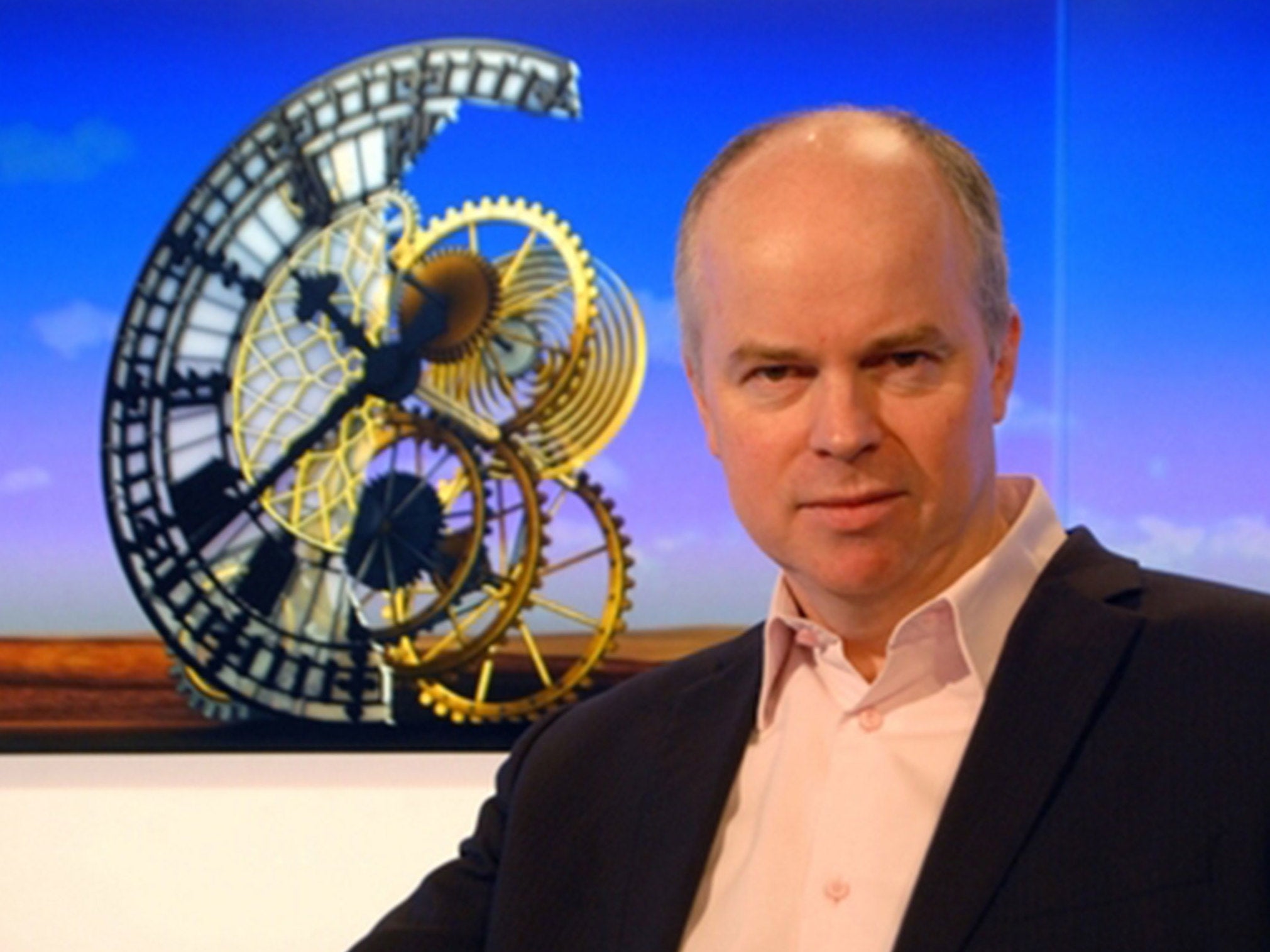When you actually look into it, the BBC has a centre-right bias – which explains its coverage of Corbyn
The BBC does an excellent job, but many of its journalists have Conservative party connections and most of its panellists are centre-right. This means that they failed to take into account that the centre has moved, and it's actually much further left than they think it is

Your support helps us to tell the story
From reproductive rights to climate change to Big Tech, The Independent is on the ground when the story is developing. Whether it's investigating the financials of Elon Musk's pro-Trump PAC or producing our latest documentary, 'The A Word', which shines a light on the American women fighting for reproductive rights, we know how important it is to parse out the facts from the messaging.
At such a critical moment in US history, we need reporters on the ground. Your donation allows us to keep sending journalists to speak to both sides of the story.
The Independent is trusted by Americans across the entire political spectrum. And unlike many other quality news outlets, we choose not to lock Americans out of our reporting and analysis with paywalls. We believe quality journalism should be available to everyone, paid for by those who can afford it.
Your support makes all the difference.The news that Robbie Gibb, who edited the BBC’s political programmes, has been appointed Theresa May’s Director of Communications must have caused deep puzzlement to the tabloid press, assorted Tory backbenchers and everyone else who subscribes to the idea that the Corporation is a writhing mass of pinkoes – but surprised they shouldn’t be.
The BBC’s political output has long had more than its fair share of Conservatives in prominent roles – none more so than Andrew Neil, who previously worked for the Conservative’s Research Department and who now chairs the holding company that owns the Daily Telegraph and the Spectator. Superb interviewer though he is, it is unusual for any broadcaster, whether left or right-wing, to dominate political coverage as much as Neil does on the BBC, who fronts the weekday Daily Politics show and presents his own programmes on Sunday mornings and Thursday evenings.
The appointment of Robbie Gibb was unsurprising; he was treading a well-worn path. May’s predecessor David Cameron appointed the then head of BBC TV News, Craig Oliver, to be his Director of Communications and before him the then Conservative Mayor of London, Boris Johnson, appointed Guto Hari, a BBC political correspondent, to head of his media team.
However, it is not being argued here that the BBC is biased towards the right nor, for that matter, to the left – but it does have a bias and that is towards the centre: the consensus, as it sees it.
This means that, for the most part, its coverage spans no further than from the centre-left to the centre-right. Indeed, a succession of senior BBC journalists have accepted that the Corporation’s political coverage struggles to escape the Westminster bubble, which is perhaps one reason why the BBC’s coverage of the last two general elections and the Brexit referendum failed to adequately reflect the national mood (though the BBC was far from being alone in this failing).
But this bias towards the centre appears not to be taking into account the rise of Corbyn and his new Labour Party. In support of this contention, I call in evidence the BBC’s two flagship Sunday political programmers presented respectively by Andrews Marr and Neil.
Both programmes, apart from having big-name political interviews, also include three-person panels of political journalists. I have monitored the panels of the two programmes for the past five weeks and have found that of the 30 possible panellists, 20 have been from the right or centre-right, eight from the centre –left, one from the left and one – the BBC presenter Victoria Derbyshire – of no declared political position.
In other words, there’s a two-to-one bias to the right or centre-right on these panels, which, given the consistency over the period monitored, cannot simply be attributed to happenstance.
But is this imbalance of any real significance? The answer in my view is yes, on two levels.
First, because these press panels play a crucial role in providing the context in which the remainder of these programmes are seen, they set the dominant narrative for both the presenters, the guests and the audience.
But second, and perhaps more importantly, they are indicative of where the BBC’s political staff believe the current centre of political balance to lie.
Most observers accept that the political centre moves. Under Thatcher and Blair, it was to the right, but since the 2017 general election, if not before, it has clearly moved to the left. That is yet to be reflected across the BBC’s coverage.
This is not to suggest that the BBC do not have a good team of political journalists proving reliable and informative coverage, because they do. But it is to suggest that there is a mindset within the BBC, almost certainly unconscious, that has yet to recognise the new political realties of the UK in 2017.
The BBC is a public service broadcaster – and a good one too – but it is vital that, in carrying out its function of reflecting Britain back to itself, the picture it has of the country is a reasonably accurate one.
Young people are now increasingly turning to social media as their first source of information about current events. If the BBC is to win back this section of the audience, or at least stem the tide, it needs to examine, and respond quickly, to the current mote in its political eye.
Ivor Gaber is Professor of Political Journalism at the University of Sussex and was formerly a Westminster-based journalist for the BBC, ITN and Channel Four
Join our commenting forum
Join thought-provoking conversations, follow other Independent readers and see their replies
Comments